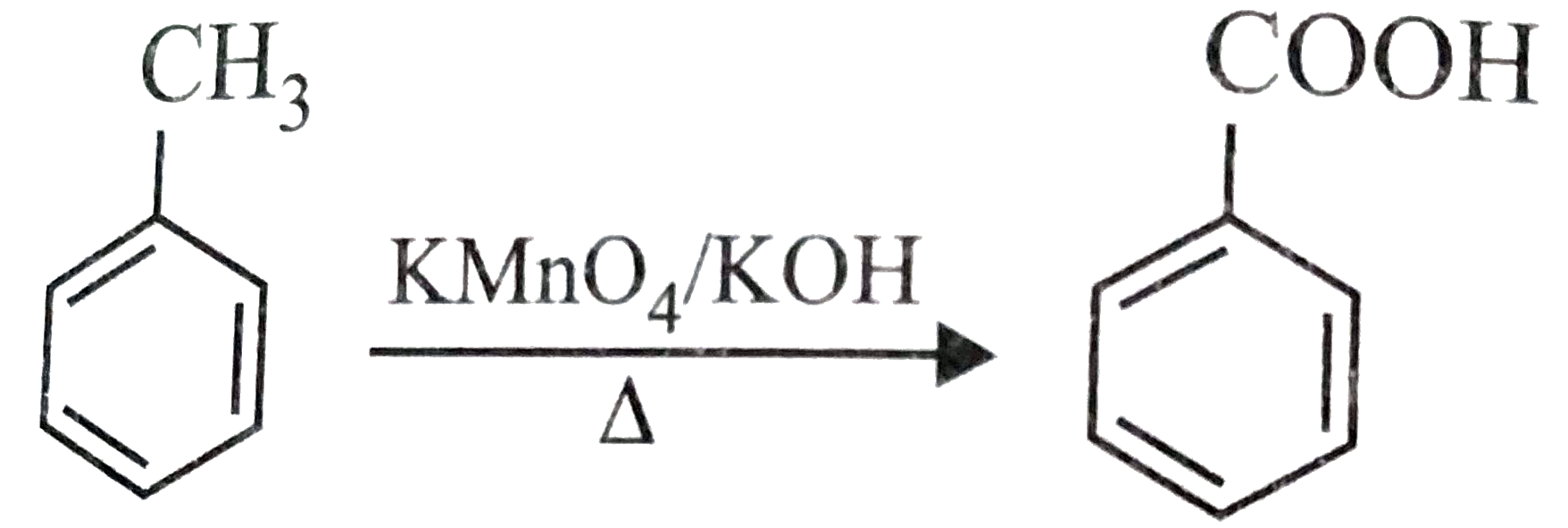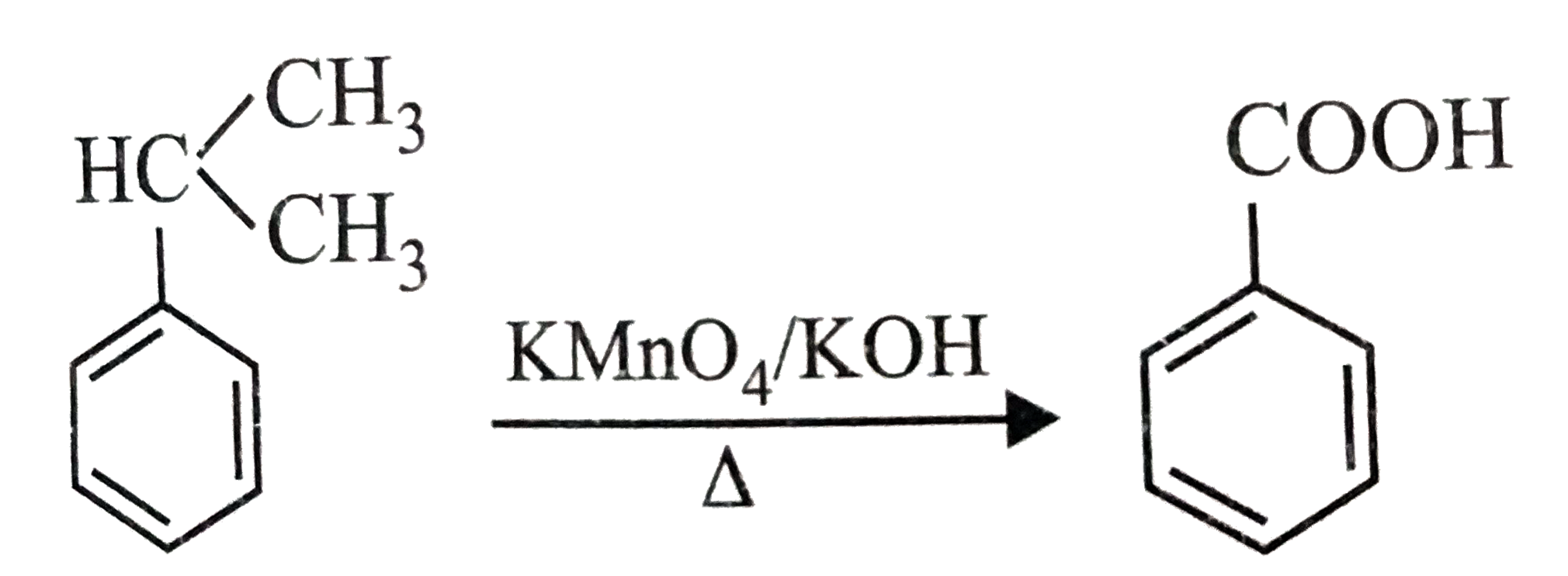In which of the following reactions does NH3 act as a acid?
NH3+H+→NH4
NH3+H+→NH−2+H2
NH3+HCl→NH4Cl
None as NH3 is a base
The correct Answer is:B
To determine in which of the given reactions ammonia (NH₃) acts as an acid, we need to understand the definition of an acid and a base according to the Brønsted-Lowry theory. An acid is a substance that donates a proton (H⁺ ion), while a base is a substance that accepts a proton.
Let's analyze each reaction step by step:
Step 1: Analyze the First Reaction
Reaction: NH₃ + H⁺ → NH₄⁺
- In this reaction, NH₃ is accepting a proton (H⁺) to form NH₄⁺.
- Since NH₃ is accepting a proton, it is acting as a base in this reaction.
Hint: Look for whether NH₃ is donating or accepting protons to determine its role.
Step 2: Analyze the Second Reaction
Reaction: NH₃ + H⁺ → NH₂⁻ + H₂
- Here, NH₃ is releasing a proton (H⁺) and forming NH₂⁻.
- Since NH₃ is donating a proton, it is acting as an acid in this reaction.
Hint: Identify if NH₃ is releasing H⁺ ions to see if it acts as an acid.
Step 3: Analyze the Third Reaction
Reaction: NH₃ + HCl → NH₄Cl
- In this case, NH₃ is accepting a proton from HCl to form NH₄⁺.
- Therefore, NH₃ is acting as a base in this reaction.
Hint: Check if NH₃ is forming a positive ion (NH₄⁺) to confirm its role as a base.
Step 4: Analyze the Fourth Reaction
Reaction: (Assuming a generic reaction where NH₃ is stated to be a base)
- If it is clearly stated that NH₃ is acting as a base, we can conclude that it is not acting as an acid in this reaction.
Hint: If the reaction states that NH₃ is a base, it is not acting as an acid.
Conclusion
From the analysis of the reactions, we find that NH₃ acts as an acid only in the second reaction.
Final Answer: NH₃ acts as an acid in the second reaction.
Reaction: NH₃ + H⁺ → NH₄⁺
- Since NH₃ is accepting a proton, it is acting as a base in this reaction.
Reaction: NH₃ + H⁺ → NH₂⁻ + H₂
- Since NH₃ is donating a proton, it is acting as an acid in this reaction.
Reaction: NH₃ + HCl → NH₄Cl
- Therefore, NH₃ is acting as a base in this reaction.
Reaction: (Assuming a generic reaction where NH₃ is stated to be a base)
From the analysis of the reactions, we find that NH₃ acts as an acid only in the second reaction.
Topper's Solved these Questions
- BOOK - RESONANCE ENGLISHCHAPTER - IONIC EQUILIBRIUMEXERCISE - Solved Example Miscellaneous solved problems13videos
IONIC EQUILIBRIUM
- BOOK - RESONANCE ENGLISHCHAPTER - IONIC EQUILIBRIUMEXERCISE - Board Level Exercise27videos
IONIC EQUILIBRIUM
- BOOK - RESONANCE ENGLISHCHAPTER - HYDROCARBONEXERCISE - ORGANIC CHEMISTRY(Hydrocarbon)50videos
HYDROCARBON
- BOOK - RESONANCE ENGLISHCHAPTER - IUPAC NOMENCLATURE & STRUCTURAL ISOMERISM EXERCISE - Advanced Level Problems Part-52videos
IUPAC NOMENCLATURE & STRUCTURAL ISOMERISM
Similar Questions
Knowledge Check
- Question 1 - Select One
In which of the following reactions does water act as a reducing agent?
A2Na+2H2O→2NaOH+H2B2Cl2+2H2O→4HCl+O2CCaC2+2H2O→Ca(OH)2C2H2DH2O+NH3→NH4OH - Question 2 - Select One
Which of the following reactions does not occur ?
A B
B C
C D
D
- Question 3 - Select One
In which of the following reactions does the amine behaves as an acid?
A(C2H5)2NH+H2PtCI6BCH3NH2+H2OC(Me2CH)2NH+n−C4H9LiD(C2H5)3..N+BF3
In which of the following reaction boron does not act as reducing agent ?
View SolutionIn which of the following reactions NH3 gas evolution occurs?
View SolutionIn which of the following reactions NH3 gas evolution occurs?
View SolutionIn which of the following reaction dihydron acts as an oxidising agent?
View SolutionWhich of the following reactions does not form salicylic acid ?
View Solution

